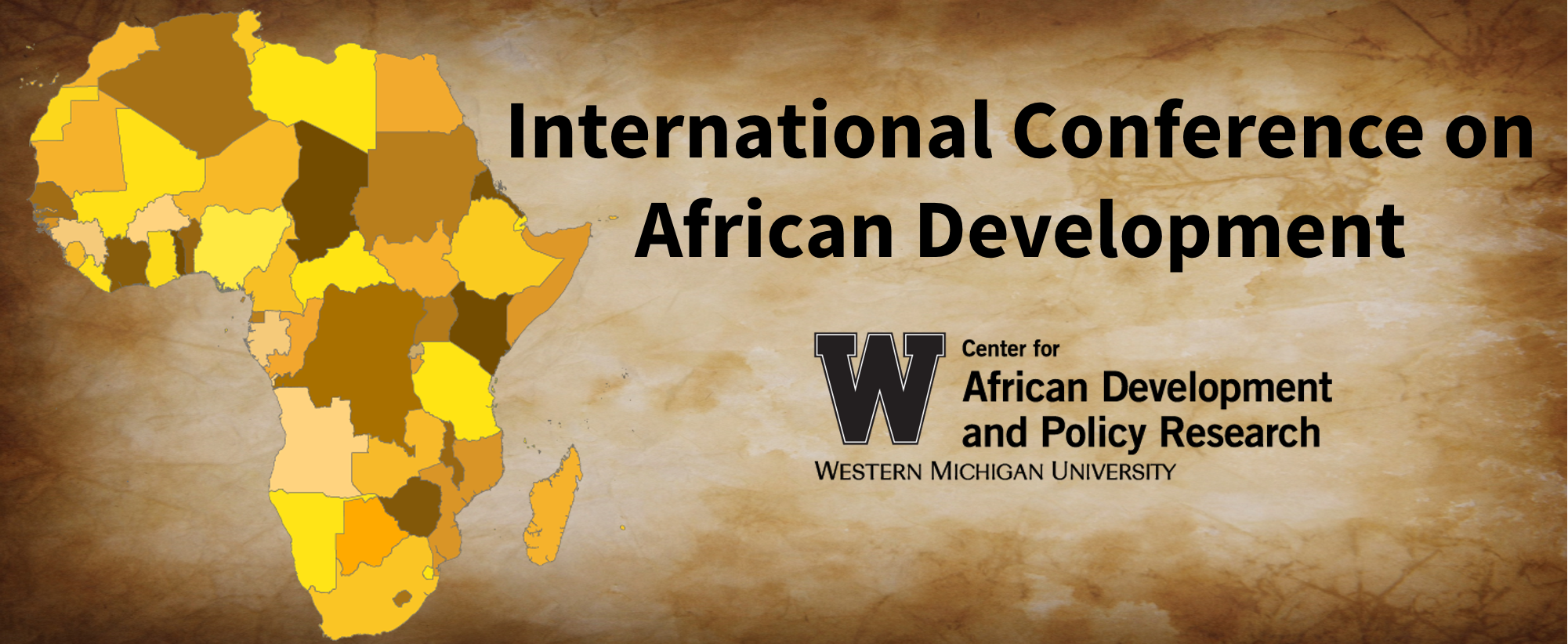2.1 Ethiopia at the Cross-Roads: Federalism, Democracy and Popular Protests
Abstract
After a quarter of a century’s experiment with federalism and multi-party democracy, Ethiopia has begun to experience a crisis of major proportion where powerful, popular protests against authoritarian rule have been rocking the country for the past four years. Consequently, the ruling party has been undergoing a soul searching – taking days, even weeks of evaluation and revaluation of its policies and actions to date. And, as a response to the ongoing crisis, it has released thousands of political prisoners, reformed its party leadership and, above all, promised a national dialogue with opposition political groups and civil society organizations operating both inside and outside the country. It has also selected a new prime minister from the country’s largest group, which hitherto has been wallowing under centuries of historical marginalization. However, despite the fuss being made about change and state transformation, most of the measures taken so far have remained, what can be termed “too little, too late,” and many keen observers of the country’s politics still ask the all-important question of the day: Quo vadis, Ethiopia? This paper is an attempt to answer such critical questions in the hopes of Ethiopian transition by identifying the major challenges on the roads to cross the cross-roads.
2.1 Ethiopia at the Cross-Roads: Federalism, Democracy and Popular Protests
1920 Sangren Hall
After a quarter of a century’s experiment with federalism and multi-party democracy, Ethiopia has begun to experience a crisis of major proportion where powerful, popular protests against authoritarian rule have been rocking the country for the past four years. Consequently, the ruling party has been undergoing a soul searching – taking days, even weeks of evaluation and revaluation of its policies and actions to date. And, as a response to the ongoing crisis, it has released thousands of political prisoners, reformed its party leadership and, above all, promised a national dialogue with opposition political groups and civil society organizations operating both inside and outside the country. It has also selected a new prime minister from the country’s largest group, which hitherto has been wallowing under centuries of historical marginalization. However, despite the fuss being made about change and state transformation, most of the measures taken so far have remained, what can be termed “too little, too late,” and many keen observers of the country’s politics still ask the all-important question of the day: Quo vadis, Ethiopia? This paper is an attempt to answer such critical questions in the hopes of Ethiopian transition by identifying the major challenges on the roads to cross the cross-roads.

